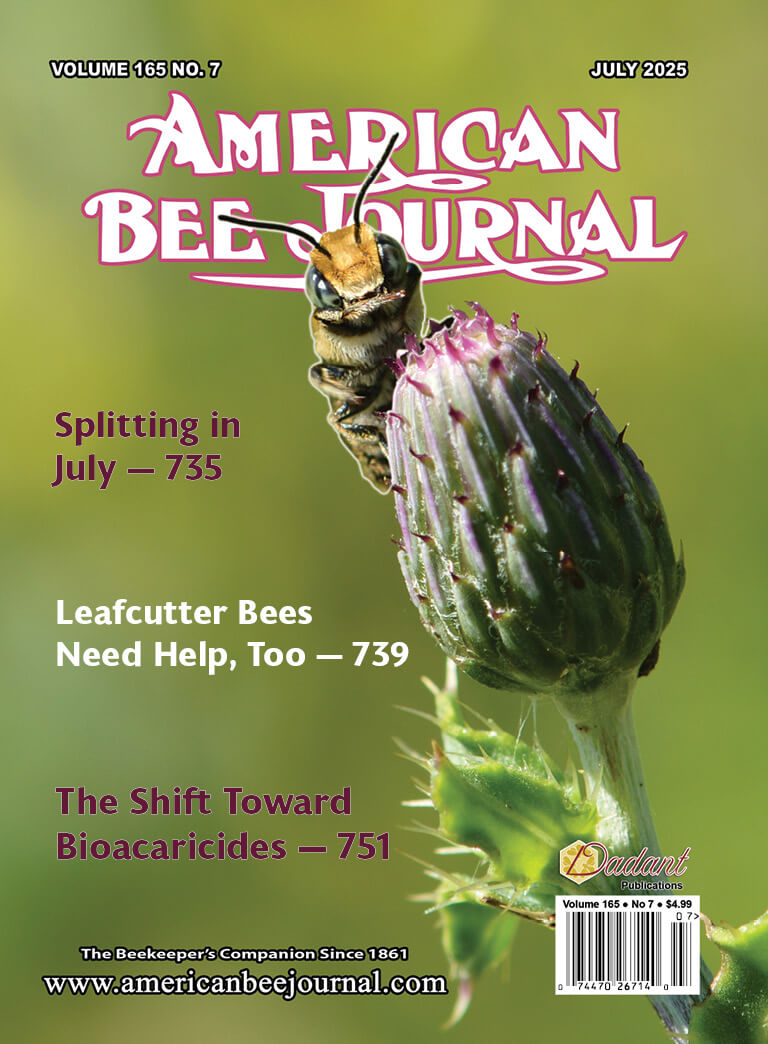New Beekeepers
There have been a lot of questions this spring on beekeeping chat forums. Same questions always; I want to get a beehive, how do I start? The answers are pretty united on finding a local beekeeping organization and finding a mentor. One question startled me this morning. Someone asked why they should do these things?
The internet, books and other publications are full of beekeeping information. So full, in fact, that information can be conflicting and confusing, especially to a new person looking to get started. Everyone on the internet is an expert on beekeeping, and they put their information out in the public view to prove that point.
Beekeeping is a field of endeavor involving a complex bug, and relationships with nature. Disease, weather, mites, and other issues create a myriad of variables that are difficult to learn, understand and put into practice. Beekeepers need to actively manage beehives to keep them healthy and alive.
In a nutshell, beekeeping is about learning and experience.
Local beekeeping organizations, primarily county beekeeping associations, are a good source for basic information on beekeeping, networking and local regulations and conditions. They usually have a line on local beekeeping classes and events such as field days and club demonstrations which help new beekeepers. Some like our Milwaukee Waukesha Beekeeping Association have a club bee yard set up so that beekeepers can participate and practice with a dozen beehives with supervision. (Thank you, Jonathan!) New and prospective beekeepers can talk to neighborhood beekeepers that can offer assistance, tips and other things. Regional, state and larger beekeeping organizations are good for a lot of things, but can get into too much detail for the beginner, and are usually into more and different issues.
Mentors normally have learned beekeeping through classes, seminars, reading and conferences, and have had many years of experience with numbers of beehives. They have good, easy answers to all of the usual questions. To be a good mentor, you must be understanding and kind to new beekeepers. Experience in beekeeping normally means having beehives for five or more years, and through dealing with a variety of beekeeping issues, you have gained the experience to pass good information to others.
There is hope out there for the new people in beekeeping, to find the right information and experience, and to find out what works good for you!
Regards,
Andy Hemken, Bee Guy
414-531-8220
andy@hemkenhoney.com
“Appalled” by condition of post-almond bees
This was my first year to purchase hives from the almond fields on pallets. Through a commercial beekeeper, I learned that a local beekeeper was working with someone in California to bring hives to our state on pallets from California. There were three of us who jointly purchased 18 hives at $220 each. We received them on March 29th. We already knew that there were bee losses and these losses had to be split between all of the buyers. We were told that one of our hives would be dead. We got back to our place 45 minutes later with the hives, unloaded and fed them.
Upon unloading the hives from the pallets, we found live and dead mice, cockroaches, hive beetles, ants, and very stressed out bees with k-wings and a lot of mites.
When inspecting the hives the following day, we discovered two more hives that were weak, queenless, and were being rapidly robbed dry.
Also, we treated them right away. After another week, we lost several queens in our other hives (replaced the queens, but some did not take, and ultimately had to merge some of the hives). We ultimately were left with 11 hives.
We have been very upset by the stress these bees have been going through and even after two months, the bees are still largely defensive.
I am appalled by the neglect of these bees. I know several other beekeepers who also purchased similar hives who have had the same issues.
I have since been researching pollination hives and understand that bees are having a hard time with the stress of being moved to the almond fields, dealing with other issues such as pesticides and diseases, the hives are all but ready to die.
I understand the lure of the kind of profit beekeepers make by renting out their hives is hard to pass by. But, it seems to me that by the time the hives are finished with their pollination, these hives, in such poor condition and severely diseased and stressed out, should be donated instead to people like us who go the extra mile to nurse them back to health.
We will never purchase hives again from the almond field as a result of this experience.
Thank you,
Laurie Ihm
Albuquerque, NM
Eugene responds
Hi Laurie,
I am sorry to hear about your experience purchasing post-almond bees. I am sure there have been others with similar experiences, but I am also sure it is the exception rather than the rule. I know of quite a few reputable almond pollinators who deliver and stand by high-quality honey bee colonies that have come out of the almond orchards. Perhaps one of them will respond to this letter.
Eugene
It’s Not just the queen
In the July issue of Classroom, a questioner asked about euthanizing the queen in an aggressive hive without harming the general hive population. While I very much enjoy a deliberate, academic response which shoots at covering all the possibilities, this question deserves to be answered with another simple question, “WHY?” Several years ago I had such a colony. It was in an outyard in a wooded area, with three other hives. I first thought it was a varmint problem but found no evidence such as scratch marks, feces, etc., and the other colonies were very calm. For three inspections in a row the bees would …


